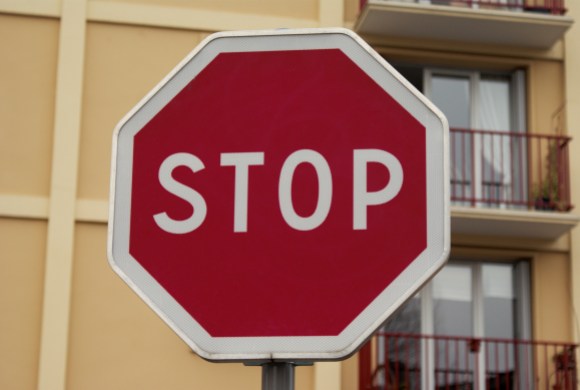
This week, a dangerous copyright proposal passed a critical committee vote in the European Parliament.
Article 13 of the proposed new copyright directive would require websites that host large amounts of user-generated content to apply mandatory filters to every user upload, searching for copyright infringements. This would institute new automatic gatekeepers between a user’s creation and their chosen platform, threatens internet users’ right to free expression and creates a system ripe for abuse and censorship.
For over a year, the Wikimedia Foundation and local Wikimedia groups in Brussels and elsewhere in the EU have been following the debate on Article 13 and the EU copyright directive with growing concern. Leading up to this week’s vote, we urged EU lawmakers to reconsider mandating upload filters when community mechanisms like the ones used on Wikipedia can be just as, if not more, effective because they ensure closer scrutiny and create a more transparent decision-making process about content removal. Unfortunately, this week the EU Parliament’s Legal Affairs Committee did not listen to our warnings.
This means that there is just one more opportunity to defend internet freedom and prevent the harmful content filtering proposal of the copyright directive from becoming European law.
In the past few weeks, opposition of Article 13 has been growing, with human rights experts, industry pioneers, content creators, media, and internet usersspeaking out about how Article 13 will harm the internet and their rights. These perspectives are finally gaining the attention they deserve, and as constituents and stakeholders get louder, they will be harder for lawmakers to ignore. MEPs should reject the current copyright directive proposal in an upcoming plenary vote that is likely to take place in the first week of July. This is the only opportunity they have to stop the Legal Affairs Committee’s bad version of the draft from going forward, including Article 13.
The Wikimedia Foundation and our partners in Brussels and elsewhere in the EU envision an Internet that does not have filters and blocks. Wikipedia thrives on robust access to information, and provides a platform for free expression. The current EU copyright proposal contradicts this vision.
We believe that the proposal is deeply flawed and urge Parliament to reject and speak out against the Directive’s threat to internet freedom in the remaining weeks and months to come.
The Directive also has other flaws that affect the free flow of information online beyond just Article 13. Many have opposed Article 11 as well, which creates a tax for news aggregators using snippets of stories from news publications. Draft provisions which would give the public greater rights to share photographs of public artwork and to engage in day to day remixing online were both omitted from the final text. Even good, common sense provisions which ensure that public domain works do not regain a pseudo-copyright via loopholes in certain countries’ laws contain confusing and vague phrasing that will be hard to translate into the 24 languages of the EU, let alone allow for harmonization of the law. This is why it is so important for MEPs to reject the whole proposal and take it back to the drawing board.
You can add your voice to the chorus of opposition by sharing information about the copyright directive on social media, calling your MEPs, and telling your friends whose rights are affected by this as well. This is an important opportunity for us all to defend our rights online, and may be one of the last before they are eroded indefinitely.
Jan Gerlach, Public Policy Manager, Legal
Allison Davenport, Technology Law and Policy Fellow
Wikimedia Foundation

Can you help us translate this article?
In order for this article to reach as many people as possible we would like your help. Can you translate this article to get the message out?
Start translation